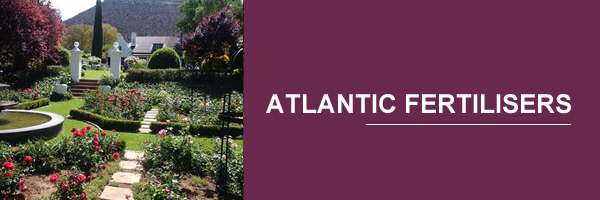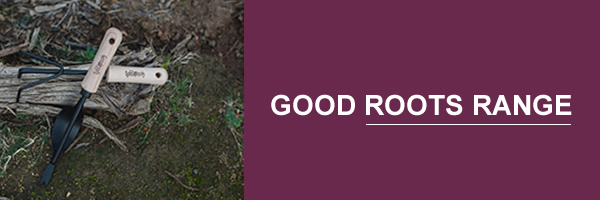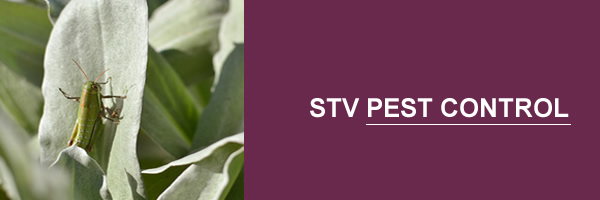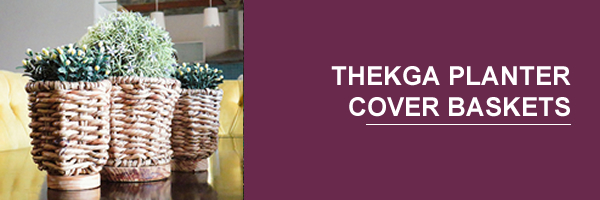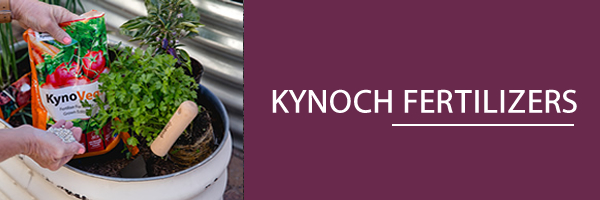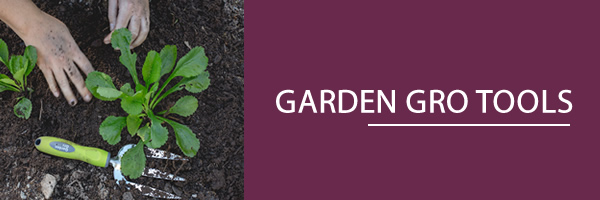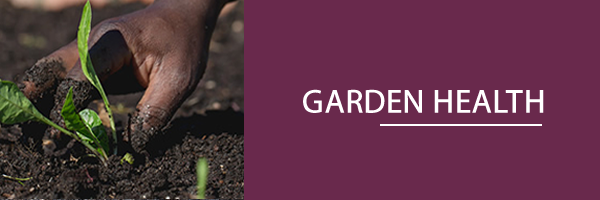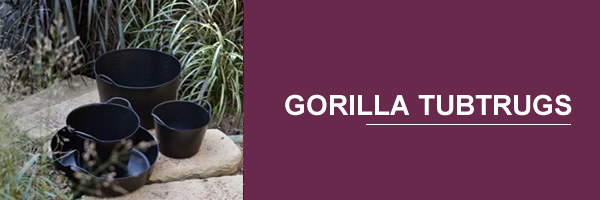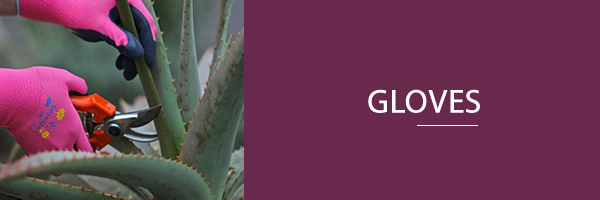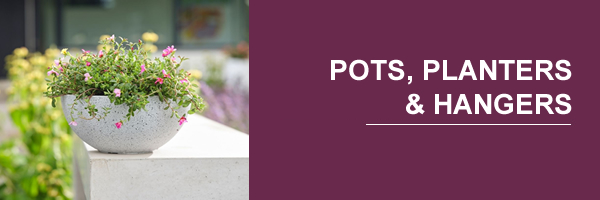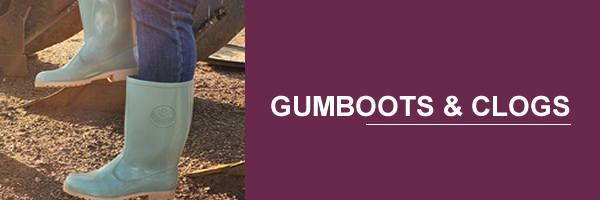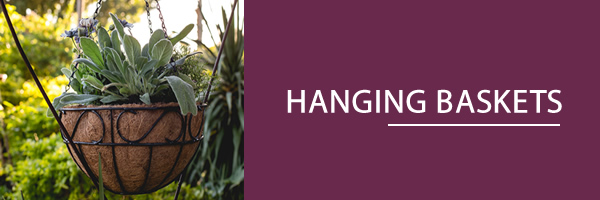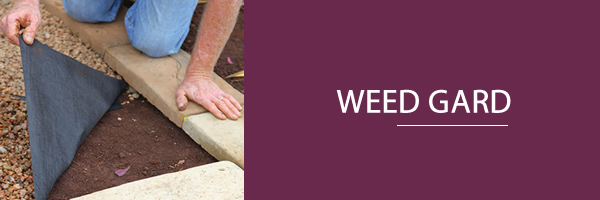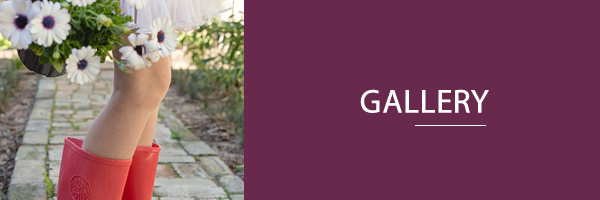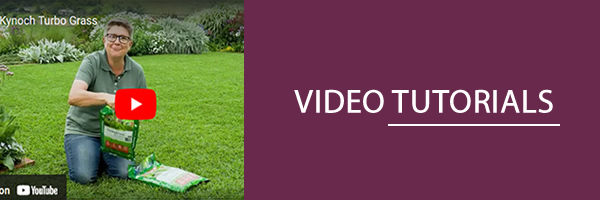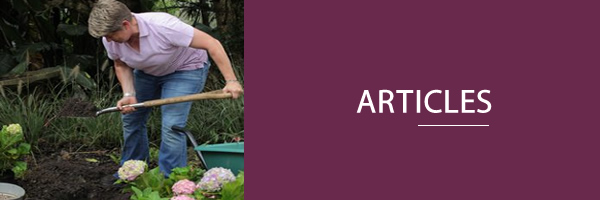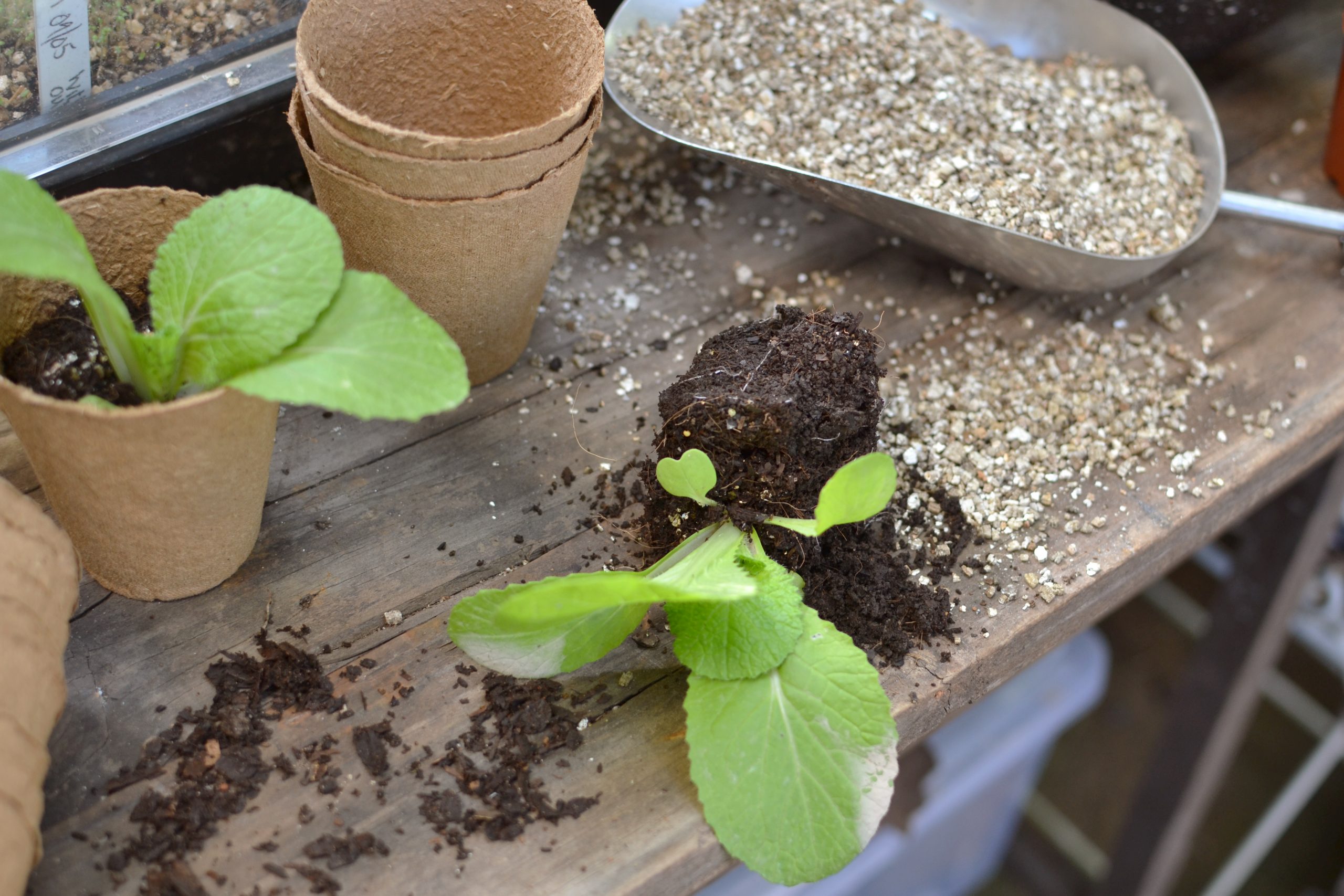We believe the greenest soil for your raised beds is the soil that comes from your own garden.
Let’s start by testing your home soil.
- Wet down the soil, let it dry slightly, then try to form it into a ball. Clay soil will easily take on a round form; sandy soil will crumble in your hand. If you get a result somewhere in between, you have loam.
- You can also put some soil into a jar with a small amount of detergent, shake it well and leave it overnight. The way it settles will tell you whether you have sand, loam or clay soil.
- The other thing to consider is testing your soil for minerals and nutrients. You can buy a PH testing kit from Lifestyle Home Garden. This will be a good place to start if you suspect your soil is nutrient-deficient.
If it is nutrient rich and suitable for the type of plants that you want to grow; then you can use your own soil in your raised garden beds.
If you lack the consistency and quality that you need, consider purchasing potting soil or compost from us.
Having a good soil matters!
All vegetables need soil that’s rich in nutrients, and some soils need a helping hand. The soil blend that you put into your raised bed is its most important ingredient.
Whether you purchase new soil or use that from your garden, you need to use fertilisers to enrich the soil with the necessary nutrients and minerals
DID YOU KNOW THAT: More gardens fail due to poor soil than almost anything else.
Keep in mind that compost isn’t fertiliser. You’ll still need to fertilise flowers, vegetables and fruits as needed throughout the year.
How To Prepare Your Soil for Your Raised Garden Beds
Break up and loosen the soil underneath with a garden fork so that it’s not compacted. And then mix in your needed fertiliser so that it is well combined with the soil. You are then set to plant or sow your plants/vegetables/flowers and should water the garden bed well after planting or sowing.
We suggest you use a slow release fertiliser, such as, Bio Ganic All Purpose or Bio Ocean from Atlantic Fertilisers to boost your soil. Both are safe to use in your home garden and will not burn your plants.
You can also visit our fertilising guide |HERE| for more info on fertilisers and how to choose what you need.
